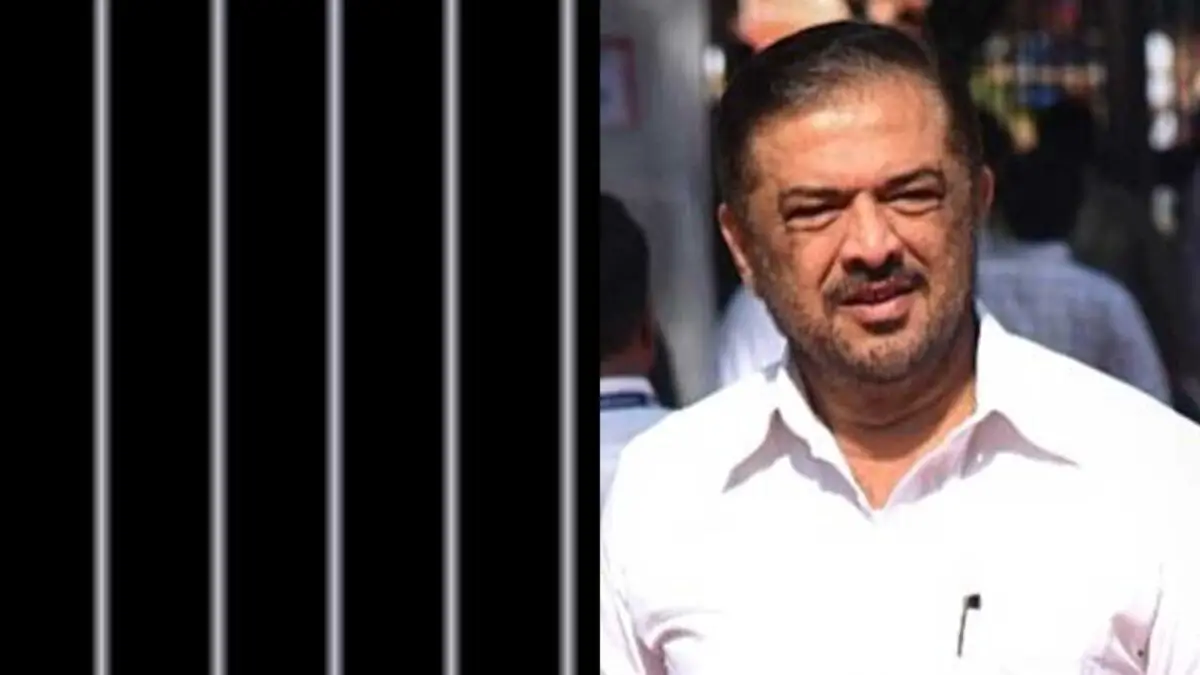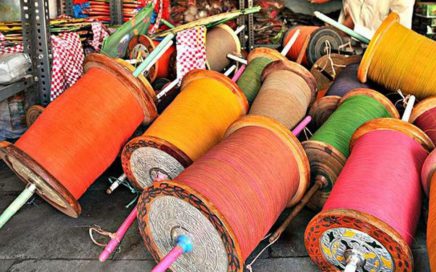Nagpur: Hearing on former Minister and senior Congress leader Sunil Chhatrapal Kedar’s plea for grant of stay on his conviction, suspension of the sentence and bail would come up for hearing before the Nagpur Bench of the Bombay High Court on January 9.
Kedar, who was disqualified from Maharashtra Legislative Assembly soon after he was convicted in the infamous Rs 153 crore Nagpur District Central Cooperative Bank (NDCCB) scam, had moved the Nagpur bench of Bombay High Court challenging the sessions court’s rejection of his plea for relief.
Kedar, through his lawyer Adv Devendra Chauhan, challenged the verdicts of both trial courts which convicted him and five others for their involvement in the scam on December 22. He and five others were sentenced to five years’ imprisonment with a fine of Rs 10 lakh each for their involvement in the scam.
Justice Urmila Joshi-Phalke issued notices to the State to file a reply on Kedar’s petition by January 6. The matter would come up for hearing on January 9.
In 2002, a scam involving more than Rs 150 crore unfolded in the Nagpur District Central Cooperative Bank. Sunil Kedar, who was then the bank’s chairman, was also a primary accused in this scandal. Further, due to the collapse of certain fraudulent companies, funds belonging to the bank and farmers were siphoned off. Kedar, along with others, has been implicated in these offenses.
What’s the case about?
According to reports, during 2001-2002, the Nagpur District Central Cooperative Bank purchased government stocks (shares) from deceitful companies– Home Trade Limited, Indramani Merchants Private Limited, Century Dealers Private Limited, Syndicate Management Services, and Giltej Management Services. However, these companies failed to deliver the stocks to the bank, which incurred heavy losses.
Allegations suggest that these companies neither provided the stocks to the bank nor refunded the money. Consequently, a police complaint was filed, leading to an investigation by the CID. On completion of the probe, an accusation was submitted in court on November 22, 2002. However, this case was delayed due to various reasons.
During the scam, Sunil Kedar was the bank’s chairman in 1999. At that time, with the help of a fraudulent company, funds from the bank were invested in shares in a Kolkata-based company. However, this action violated cooperative department regulations as the bank’s permission was not obtained, and the money was not accounted for. As a result, the fraudulent company collapsed, causing a loss of the bank’s invested funds.















